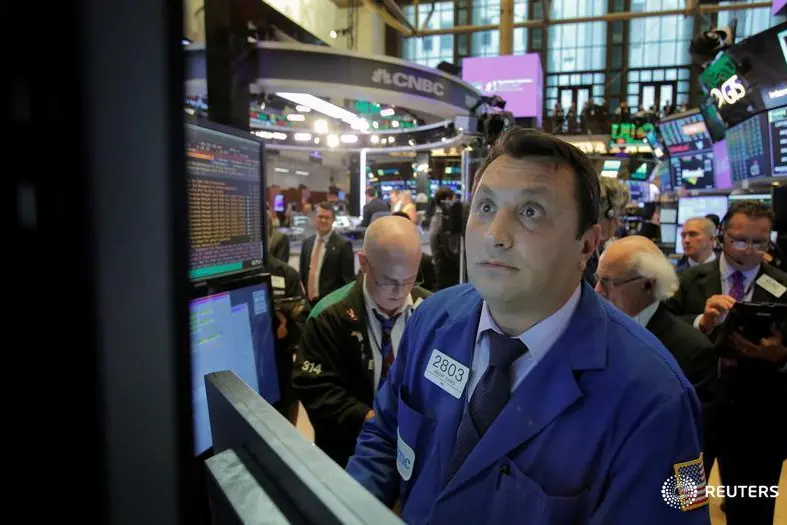PHOTO
NEW YORK - More haste, less speed is an adage that falls on deaf ears in the $5-trillion-a-day foreign exchange market. Electronic trading and automation are making currency transactions ever zippier, a Bank for International Settlements study said on Monday. Yet knowing who is doing what and why is harder to discern.
The share of spot FX trading that is transacted electronically has almost doubled over the past decade to surpass 70 percent, the BIS says. About the same proportion of spot FX orders on EBS, an electronic trading platform, are now submitted by algorithms rather than manually. That makes for speedier trading and more-frequent price updates.
Such data is a gold mine for those who can quickly collect and process the information, but that’s an increasingly select group. The mean number of banks that handle three-quarters of global FX turnover has more than halved since 1998 to about six, BIS data shows. The winners offset some client risks internally and use algorithms to chop up orders into smaller chunks. Traditional dealers therefore find it harder to get a handle on the flows that drive prices in the short term.
Fragmentation makes life harder still. A variety of electronic trading platforms have sprung up, which means less business is done on Thomson Reuters Matching and EBS Spot, which previously dominated the market. The proportion of spot FX trading conducted on the two platforms fell below 15 percent by 2015 from roughly 45 percent a decade earlier, the BIS says. But the largest liquidity providers can be linked to more than a dozen different trading platforms. That creates the impression of abundant liquidity, which proves a mirage when trouble hits, as it did on Oct. 7, 2016, when sterling slumped within minutes from $1.26 to three-decade lows below $1.20 for no apparent reason.
The opacity of fast-moving markets matters to the central bankers who prepared the BIS study because their institutions implement monetary policy, manage reserves, and help ensure financial stability. But if officials have such a hard time keeping up with what’s going on, pity the investors and companies trying to figure out the same thing.
CONTEXT NEWS
- Trading in foreign exchange and other fast-paced electronic markets have undergone a number of structural changes in recent years that may require central banks to adjust the way they monitor these markets, a Bank for International Settlements report said on Sept. 17.
- Trading in these markets has become increasingly automated, is fragmented across more venues, and involves the creation of large quantities of data, according to the report, which was prepared by a study group for the BIS Markets Committee. It added that these trends have erected barriers to entry but also created opportunities for new participants.
(Editing by Tom Buerkle and Amanda Gomez)
© Reuters News 2018





















